detail profile gladys egan
Peran Yang Di Mainkan Gladys Egan
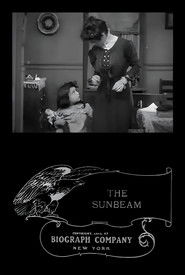 Set in a tenement a lonely...
Set in a tenement a lonely...The Sunbeam 1912
Set in a tenement, a lonely confirmed bachelor occupies a room across the hall from a dour spinster. Children run amok in the hallways playing pranks on the two. A little girl from the floor above, now alone in the world, brings the pair together and brightens their lives.
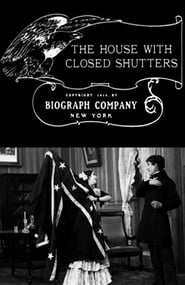 During the Civil War a young...
During the Civil War a young...The House with Closed Shutters 1910
During the Civil War a young soldier loses his nerve in battle and runs away to his home to hide; his sister puts on his uniform, takes her brother's place in the battle, and is killed. Their mother, not wanting the shameful truth to become known, closes all the shutters (hence the film's title) and keeps her son's presence a secret for many years, though two boyhood chums stumble upon the truth...
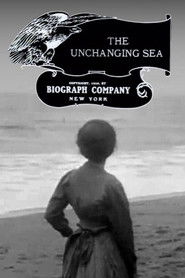 In this story set at a...
In this story set at a...The Unchanging Sea 1910
In this story set at a seaside fishing village and inspired by a Charles Kingsley poem, a young couple's happy life is turned about by an accident. The husband, although saved from drowning, loses his memory. A child is on the way, and soon a daughter is born to his wife. We watch the passage of time, as his daughter matures and his wife ages. The daughter becomes a lovely young woman, herself ready for marriage. One day on the beach, the familiarity of the sea and the surroundings triggers a return of her father's memory, and we are reminded that although people age and change, the sea and the ways of the fisherfolk remain eternal.
 On a whim a greedy tycoon...
On a whim a greedy tycoon...A Corner in Wheat 1909
On a whim, a greedy tycoon decides to corner the world market in wheat. This doubles the price of bread, forcing grain producers into charity lines and others further into poverty. The film contrasts the differences between the lives of those who work to grow the wheat and the life of the man who dabbles in its sale for profit.
 After a judge Harry Solter does...
After a judge Harry Solter does...An Awful Moment 1908
After a judge (Harry Solter) does his job and sentences a man, a gypsy woman (Marion Leonard) erupts in vehement protests and has to be taken forcefully out of the courtroom. Later the gypsy follows the judge to his home and plots a vicious revenge on his wife (Florence Lawrence).
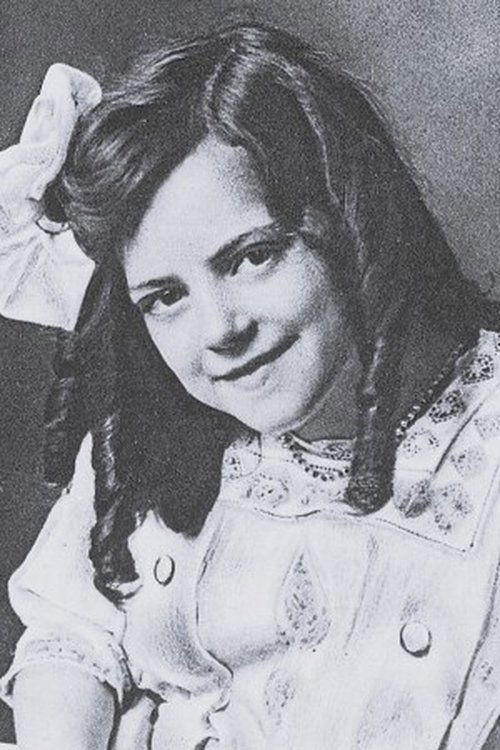
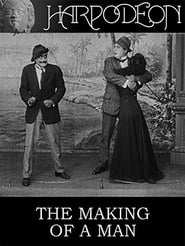 A young woman becomes infatuated with...
A young woman becomes infatuated with...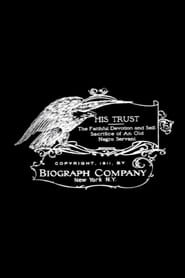 A Confederate officer is called off...
A Confederate officer is called off... A wealthy callous moneylender finds a...
A wealthy callous moneylender finds a... The children of a household attempt...
The children of a household attempt...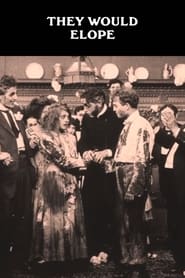 Two lovers elope and expect to...
Two lovers elope and expect to...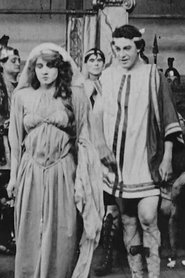 A Greek woman marries a struggling...
A Greek woman marries a struggling...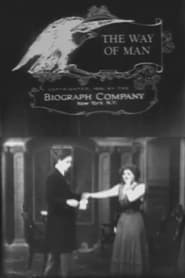 A woman is scarred in an...
A woman is scarred in an...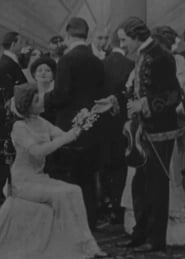 A disfigured violinist mistakes a token...
A disfigured violinist mistakes a token...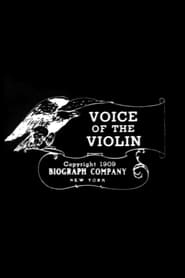 A music teacher is in love...
A music teacher is in love...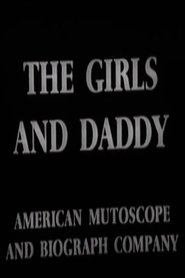 Sisters guarding their house from a...
Sisters guarding their house from a...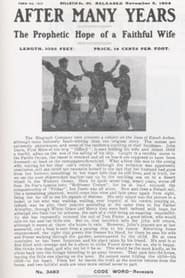 A castaway returns home after years...
A castaway returns home after years...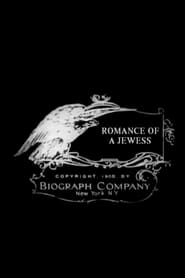 This early DW Griffith short shows...
This early DW Griffith short shows...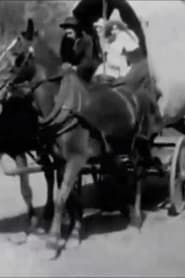 A Boer woman and her daughter...
A Boer woman and her daughter...